Stress is something we really can’t escape. It is a feeling of emotional or physical tension. But there are some benefits of stress, did you know that?
Our emotions towards tough situations act as indicators to help us recognize problems in our everyday life. It is normal to experience stress, especially before an important event. But have you noticed that sometimes being stressed out motivates you to work harder?
While most believe stress causes various health issues and unrest in the body like insomnia, weight gain and increased blood pressure levels. But, moderate levels of stress isn’t that bad. In fact, if you’re good at stress management, you might even receive benefits from it.
Stress Is Good!
According to Clinical health psychologist, Dr. Lindsay Bira “Our brains are wired for stress. We have evolved to have a fight-flight-freeze (FFF), it is a system that is activated when we find ourselves in a situation of threat and it induces stress.
Richard Shelton, MD, vice chair for research in the Department of Psychiatry at the University of Alabama Birmingham has a similar perspective about the fight-flight response. He believes that this response is not necessarily a negative thing. It is merely there to protect us, not harm us. However, when our levels of stress become unmanageable and chronic it can start to affect our wellbeing.
So yes, it is true that stress can create an unhealthy effect on our minds and body. But despite all the drawbacks, it may have a few benefits too. This is referred to as Eustress. Like Stanford psychologist Kelly McGonigal said, “embracing stress is more important than reducing stress.” So, it is upto us how we utilize and manage our stress.
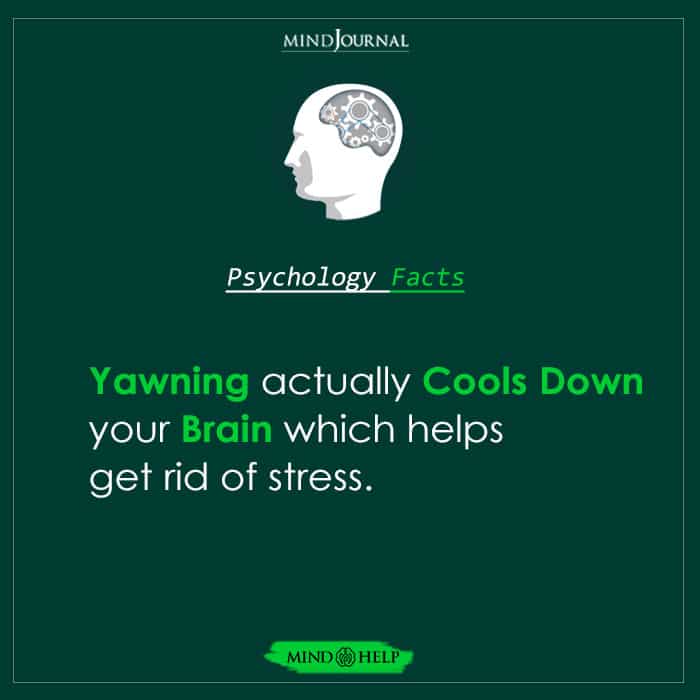
What Are The Benefits Of Stress?
1. Stress can improve your brain power
According to a study, under specific circumstances, stress can actually help to improve our memory (McEwen and Lupien, 2002). To this statement, Daniela Kaufer adds how “Manageable stress increases alertness and performance. And by encouraging the growth of stem cells that become brain cells, stress improves memory.”
So if you are able to manage your stress and not allow it to overpower your senses, then you could apply it to stimulate the generation of brain chemicals known as neurotrophins. They help to improve the connection between neurons in the brain. This research also indicates that a moderate amount of stress is actually good for you and can help to improve behavioral and cognitive performance, boost memory, and alertness.
2. Stress boosts problem-solving abilities
Yes, it is true that stress generates health problems, but it also impairs problem-solving skills or creativity among individuals. Are you familiar with the saying, “I work better under pressure.”? Why do you think people say that?
For some people, stress makes them nervous and often leads them to make silly mistakes or generally under-performing. While some thrive and work better under pressure or stress. It increases their focus and concentration.
A recent study led by J. David Creswell from Carnegie Mellon University claims that self-affirmation can improve problem-solving in stressful situations. So, if you don’t want to make sloppy mistakes and increase your productivity while you are under stress, try some self-affirmation strategies like meditation or relaxation of the body before you start working.
3. Stress improves the immune system
“Stress is bad for you”, have you heard this like a zillion times from friends, family, even doctors? And yes, they certainly are right, chronic stress deteriorates our minds and body, it has long-lasting effects but as we discussed earlier short-term stress which is also known as the fight-or-flight response of the body can stimulate immune activity.
Yes, it’s true and there are research findings that provide a thorough analysis of how stress hormones affect the main cell sub-populations of our immune system and how they may help to fight infections or heal wounds.
Related: 11 Holistic Hacks To Reduce Stress And Anxiety
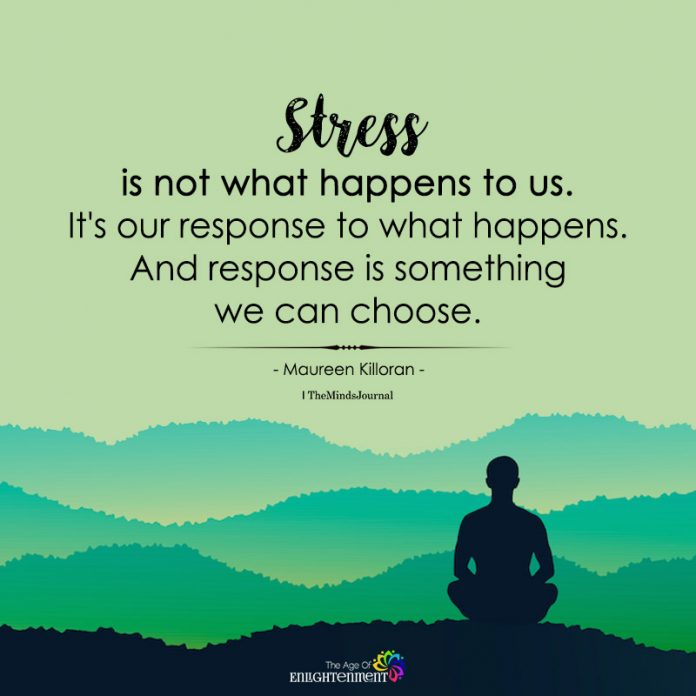
4. Stress can actually improve your relationship
One of the most surprising benefits of stress is that it can also help you with building interpersonal relationships. During times of stress when you feel like someone understands you or you feel loved by another person, you tend to feel less lonely and isolated. Hence, stress can actually help in improving relations and make stronger bonds with your loved ones.
According to the American Psychological Association (APA), this happens because during stressful situations the amount of oxytocin hormone in our bodies is higher and we feel unhappy. It affirms you to reach out to your loved ones and connect with them.
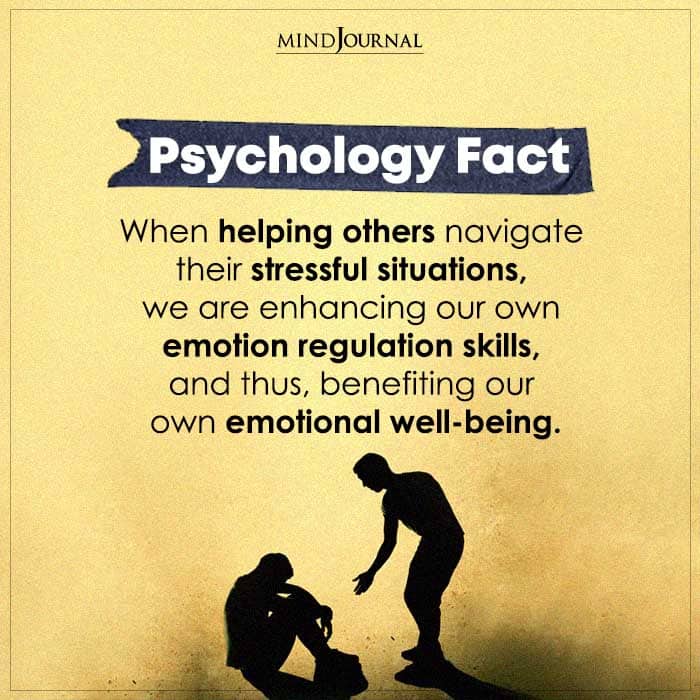
5. Stress enhances resilience
We all face stress while facing challenging situations in life, from family, relationships, workplace and issues concerning our health. But when we learn to overcome those situations, it helps to prepare us to face future challenges. By getting exposed to stress and learning to manage it we develop a sense of control both physically and psychologically, which makes us more and more resilient in the future.
A study carried out in 2013 by the University of California San Francisco showed that when a person deals with moderate stress on a regular basis, it can help to prevent and defend them against oxidative stress which causes damage to the DNA, furthermore improving the psycho-biological resilience.
6. Stress enhances your learning capabilities
A study in 2007 by the journal Learning and Memory conducted research in which they came to the conclusion that participants performed comparatively better in experiments after their dominant hand was inserted into ice water for a minimum of 60 seconds. The study added that “Results revealed positive effects of stress on performance.”
So, yes it is true that when you experience low levels of stress, you can actually use it to your benefit and help enhance your learning abilities. But for some, it might be slightly difficult as stress also affects our memory. If you want to improve your memory and sharpen your skills it is important to have a good night’s sleep, exercise, practice visualization and eat healthily.
7. Stress motivates you to do better
When you experience high levels of stress, you can often feel overwhelmed and it decreases your motivation a long way. But moderate levels of stress can actually enhance your motivation, resulting in you doing better.
According to Gunthert, when one faces stress due to a deadline it can help them to pay attention to their task and focus more because they cannot procrastinate as time is running out. Haven’t we all experienced this some time in our lives, it could be a good assignment or a work project?
It is with the help of the fight or flight response that we can work and overcome the obstacles and increase productivity.

8. Stress helps to make changes
We all know that our minds and bodies are closely connected. When facing mental health issues can also affect our physical health. Now coming to stress, how is stress linked to all this?
As we discussed earlier, how chronic stress affects our health, moderate health can be beneficial to us. Like for instance, stress also is a factor that compels us to make changes. When we are working 9 to 5 that becomes extremely stressful we try to make changes little by little. It could be by fixing our sleep patterns, trying to focus on the good things in life or starting a new hobby during the weekends.
Making changes in life is something that helps us to move forward and if a little bit of stress helps us make those necessary changes, then it’s not too bad.
9. Stress improves creativity
While people say how stress can kill your creativity, it is also witnessed that when you face low-stress levels it can also help to make you creative. Writers and artists have said that they were able to engage with their creative side while they were under stress.
Now it is not necessary that everyone feels the same but what stress actually does is that when you feel frustrated you come up with creative ideas while brainstorming.
Psychologist and author Larina Kase, PhD also explains how stress often paves the way for creative breakthroughs. When our mind is calm and totally relaxed, we don’t see things differently or think critically. But an increase in stress allows us to change and think differently.

10. Stress enhances fitness
This stress refers to physical stress that may be beneficial for you. When the body goes through stress by lifting weights or cardio exercises for at least 45 minutes, it releases endorphins which are also known as the ‘happy hormones. It can help to improve your fitness and health significantly.
According to Jessica Matthews, MS, (ACE) personal trainer, “The stress that moderate exercise provides is quite healthy and has many positive effects.” From a physiological perspective, exercise helps our body to become more efficient in completing day to day activities. In fact, there is research that claims that with exercise our minds and bodies become more resilient to stress.
11. Stress improves social skills
When it comes to calming down the anxiety we face, good friendships and relationships are extremely important. But have you ever thought that stress could enhance your social skills?
We know that stress can contribute to avoid social situations and prevent us from building relationships. But sometimes, stress can also help us in displaying prosocial behaviors. There was a study that found people who experienced moderate stress were more likely to share their thoughts and be more trusting of others.
Related: How Stressed Are You? Take This Stress Quiz To Find Out
How To Relieve Stress?
Certain feelings and signs of stress are not good for our health and may create havoc in our lives. There are certain indicators like the inability to sleep, feeling helpless or difficulty in concentrating that may be warning signs of high levels of stress.
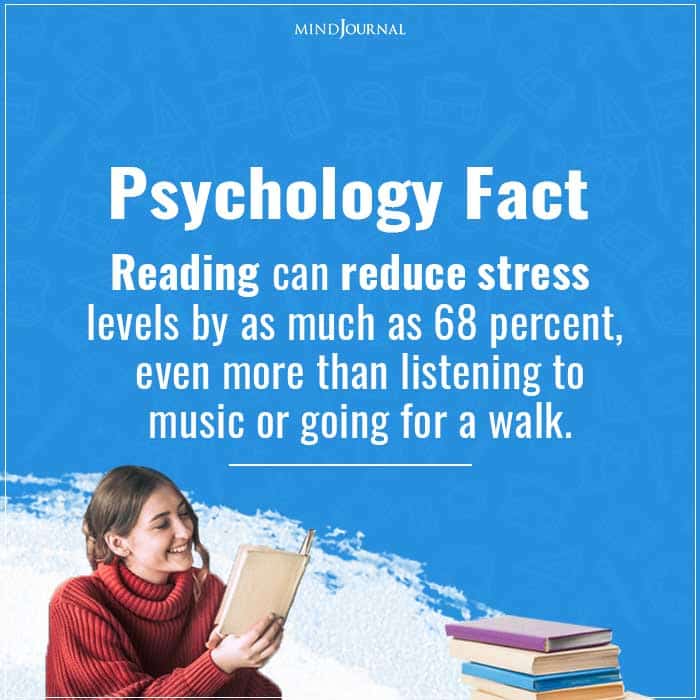
Here are 5 ways to relieve stress:
- Engage in activities like exercise, morning walks etc.
- Write down your thoughts in a journal
- Spend time with your family and friends
- Eat healthy foods
- Reduce caffeine intake
Related: 5 Of The Best Stress Relief Exercises For A Calm Mind & Body
Signs of stress can affect our body, thoughts and feelings negatively. But some stress isn’t that bad! If you found this article helpful, share your thoughts in the comments!
References
Lupien, S. J., McEwen, B. S., Gunnar, M. R., & Heim, C. (2009). Effects of stress throughout the lifespan on the brain, behaviour and cognition. Nature reviews neuroscience,
10(6), 434-445. Grossman, P., Niemann, L., Schmidt, S., & Walach, H. (2004).
Mindfulness-based stress reduction and health benefits: A meta-analysis. Journal of psychosomatic research, 57(1), 35-43.


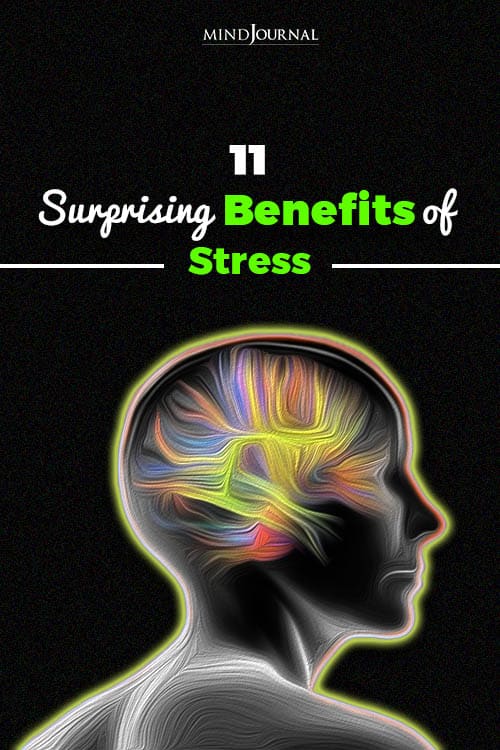










Leave a Reply